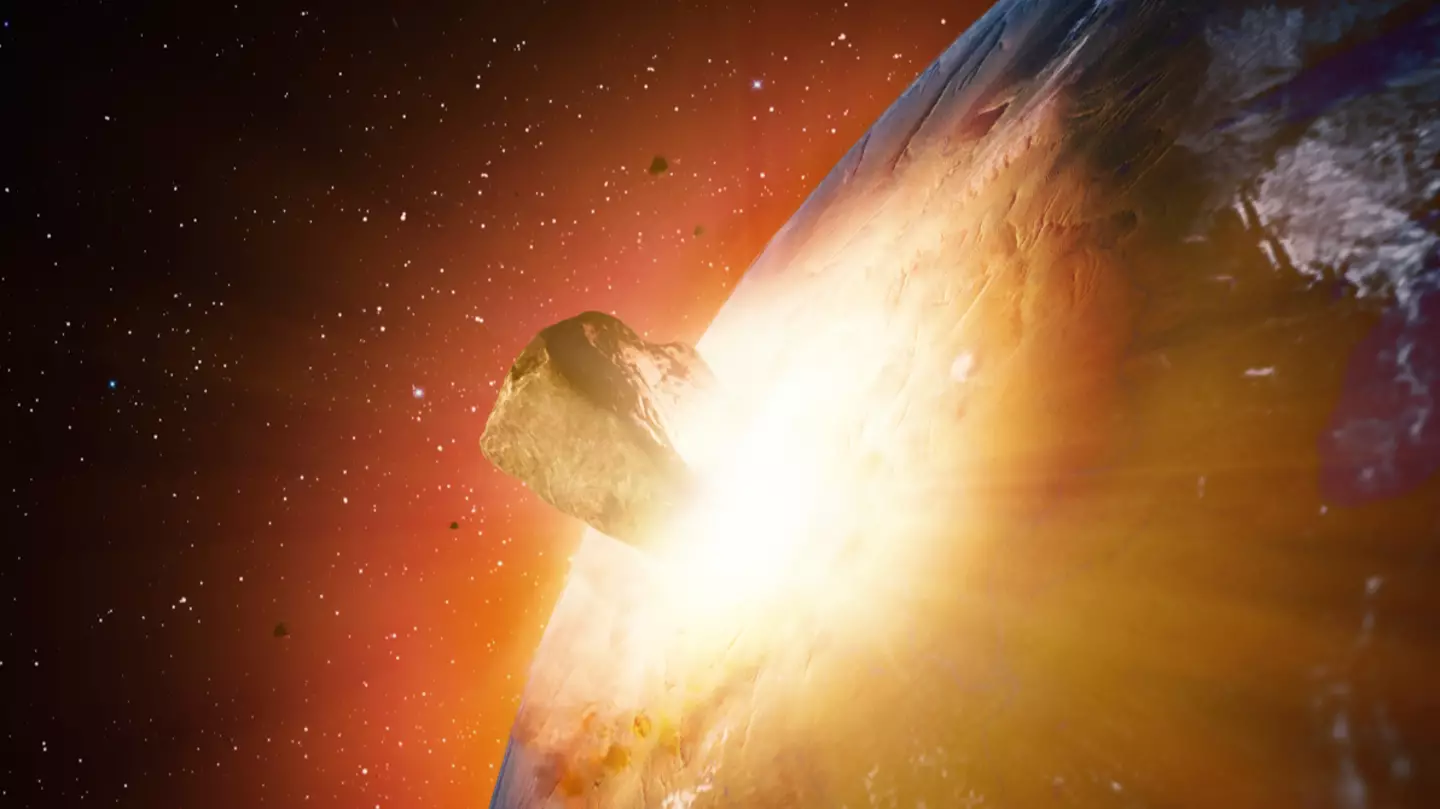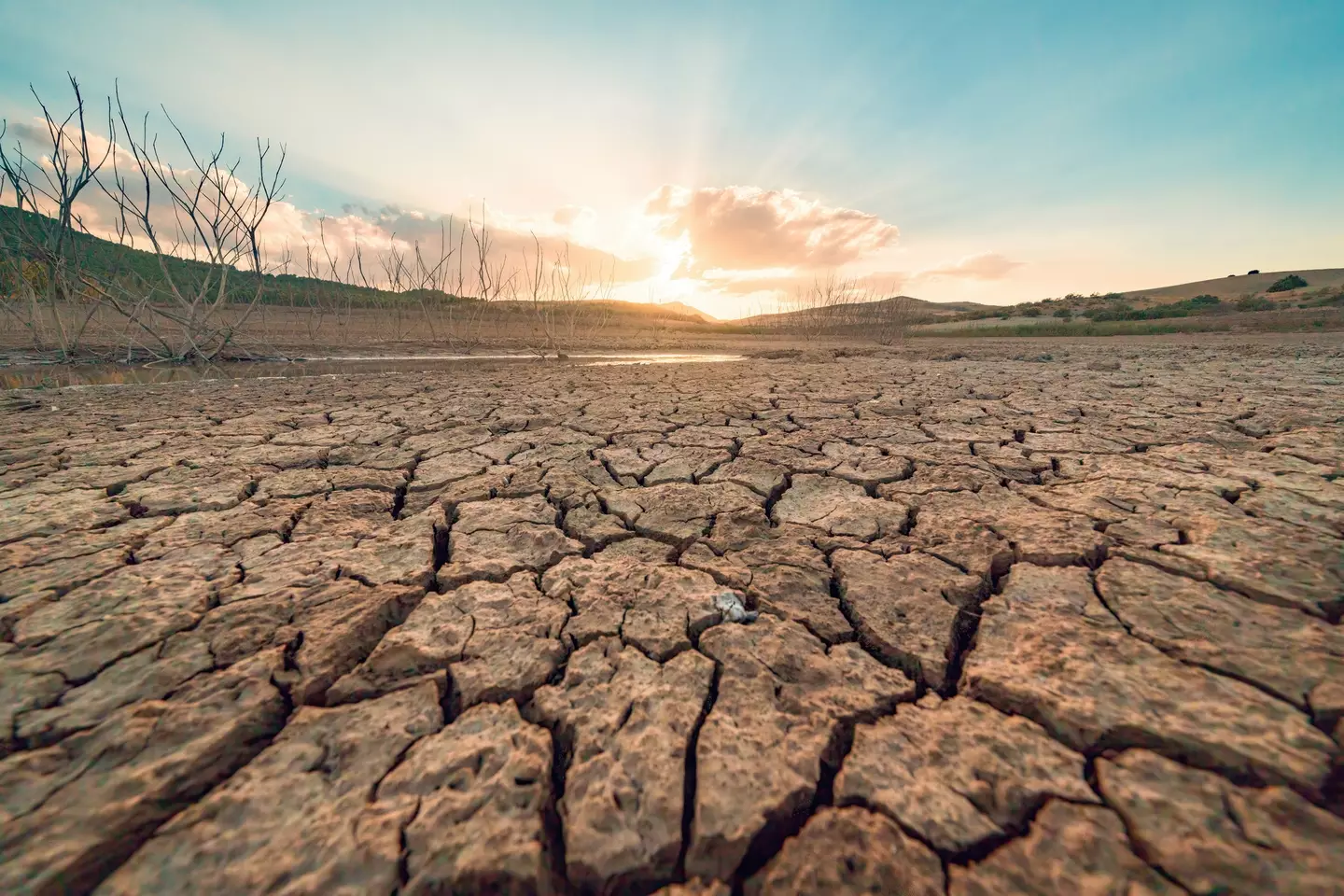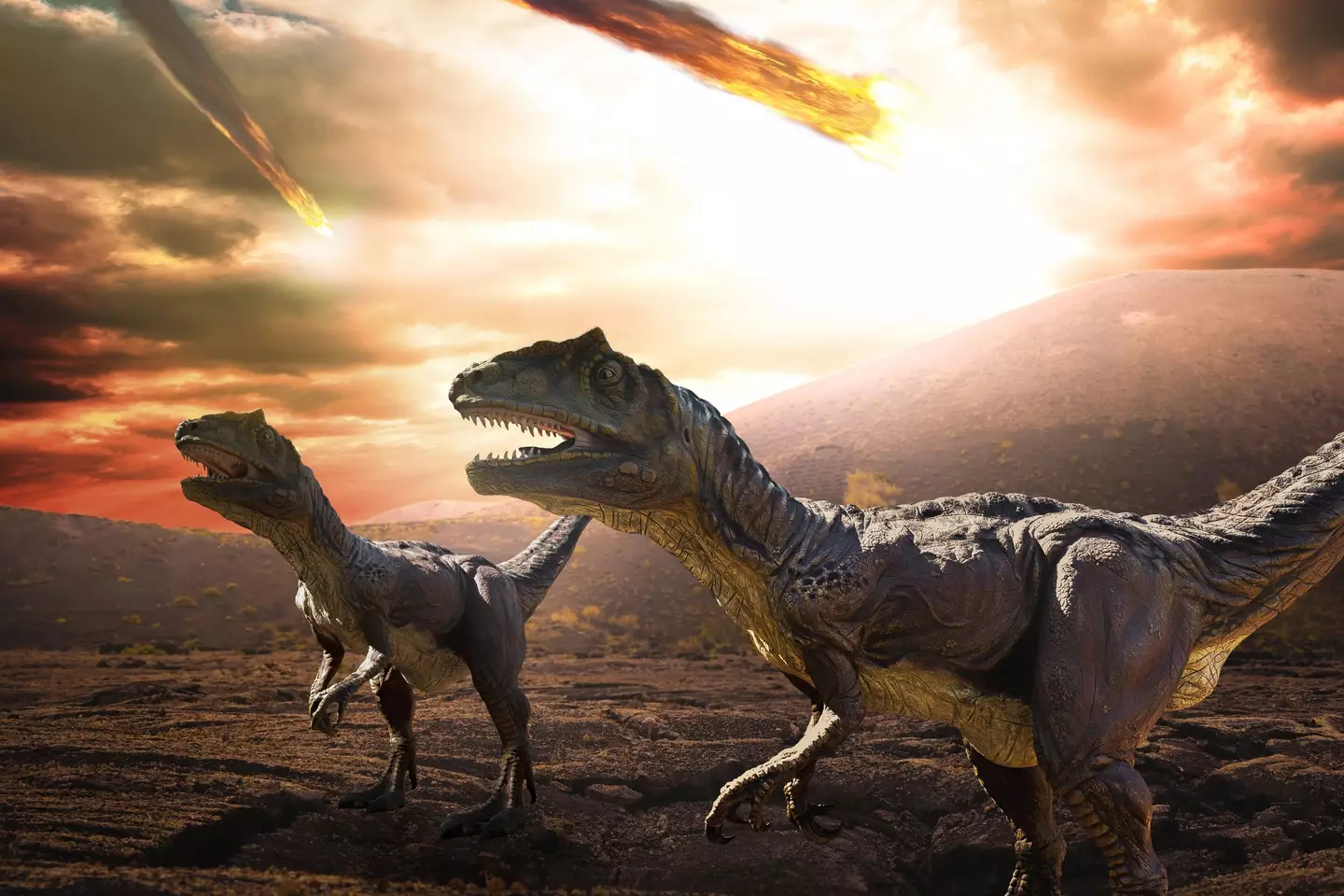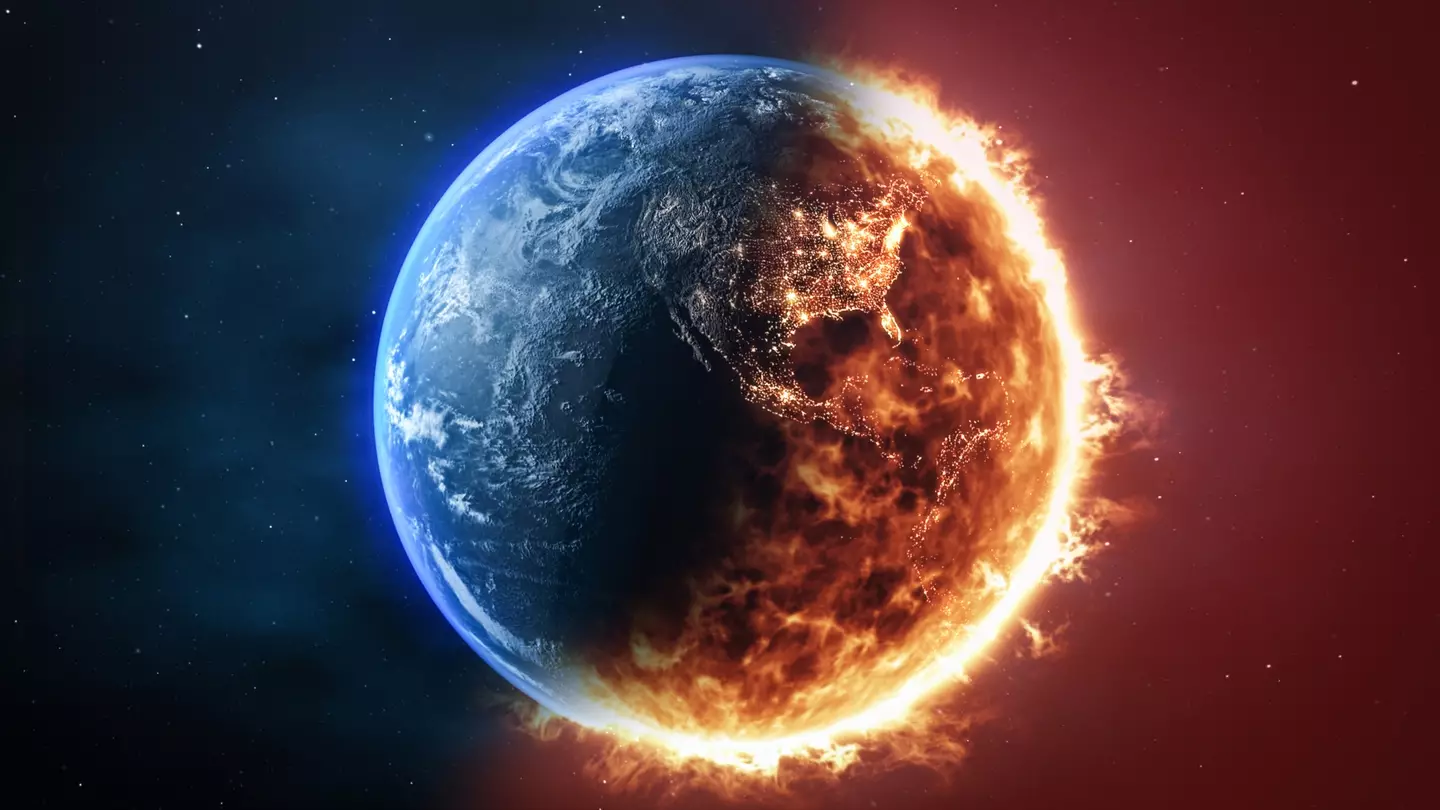
A new study has given us some frightening insight into the world's next apocalyptic event, but it's not all doom and gloom.
If, when and how the Earth could come to its bitter end has been a sore subject between scholars since time began.
And attempts to predict the apocalypse continue to shift in line with catastrophic worldly events, whether war, famine, natural disaster or climate change - which scientists warn is rapidly accelerating our proximity to the end times.

Advert
We even have a Doomsday Clock that, in the spirit of New Year celebrations, tells us how many inches - or rather minutes - we've been propelled forward towards the end of civilization in the past 12 months.
In January 2024, the clock was set the closest to midnight it had ever been at 90 seconds to - which is bad because if it does strike 12, it's too late to save the world.
This year, it went forward again to 89 seconds to midnight.
Although it's just a morbid metaphor, a 900-year-old Vatican text of supposed prophecies predicts Judgement Day, aka the end of the world where Jesus Christ will decide who gets a pass to heaven, is pencilled in around 2027.
Now, a scientific study has given us an approximate time for total calamity that is comparatively a little more comforting.

The research, led by a team at the University of Bristol, UK, has pinpointed not only the time for our ultimate demise but also an apparent cause.
The study, published in Nature Geoscience, suggests the annihilation event will take place 250 million years away from now, triggered by unprecedented heat that will kill off all living things on the planet in the next mass extinction since the dinosaurs.
The scientists used climate models of the very, very distant future to predict just how much climate extremes will intensify when the world's continents merge into a giant, hot dry and uninhabitable supercontinent.
The study gives us some alarming insight into the future if 'global warming' continues to accelerate at its current speed, with high temperatures forecast to keep increasing while the sun becomes brighter and heats Earth even more.
Meanwhile, tectonic processes in the Earth's crust would also cause more volcanoes to erupt and expel carbon dioxide into the atmosphere, adding even more heat to the boiling pot.

Alexander Farnsworth, lead study author and senior research associate at the University of Bristol, said: "The newly emerged supercontinent would effectively create a triple whammy, comprising the continentality effect, hotter sun and more (carbon dioxide) CO2 in the atmosphere, of increasing heat for much of the planet. The result is a mostly hostile environment devoid of food and water sources for mammals.
"Widespread temperatures of between 40 C to 50 C, and even greater daily extremes, compounded by high levels of humidity, would ultimately seal our fate. Humans––along with many other species–– would expire due to their inability to shed this heat through sweat, cooling their bodies.”
However, there is some relief, at least for the time being, that our home planet will remain habitable u[ until this 'seismic landmass change.'
Co-author Dr Eunice Lo, Research Fellow in Climate Change and Health added: “It is vitally important not to lose sight of our current Climate Crisis, which is a result of human emissions of greenhouse gases.
"While we are predicting an uninhabitable planet in 250 million years, today we are already experiencing extreme heat that is detrimental to human health. This is why it is crucial to reach net-zero emissions as soon as possible.”
Topics: Science, Environment, Climate Change, World News